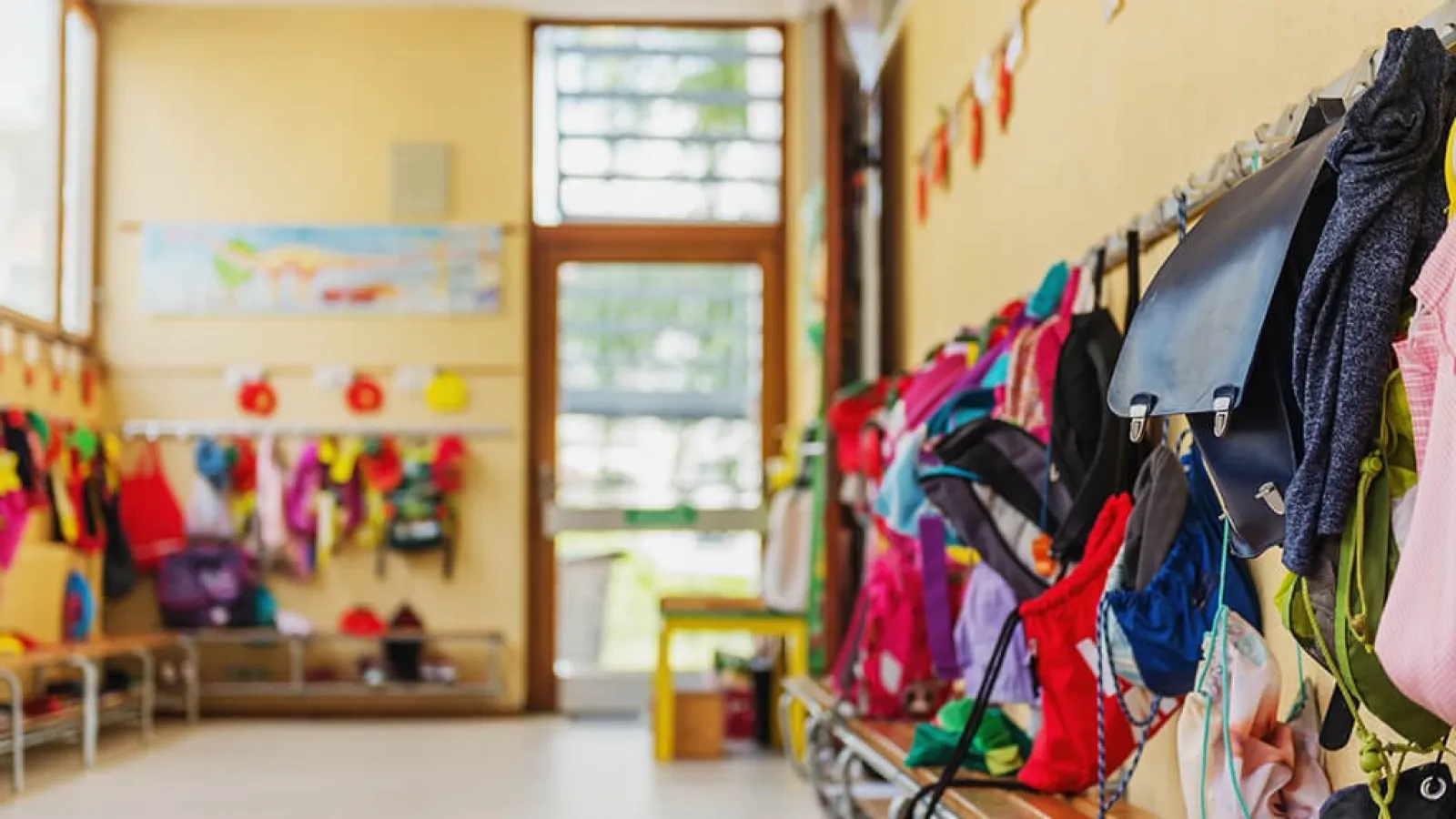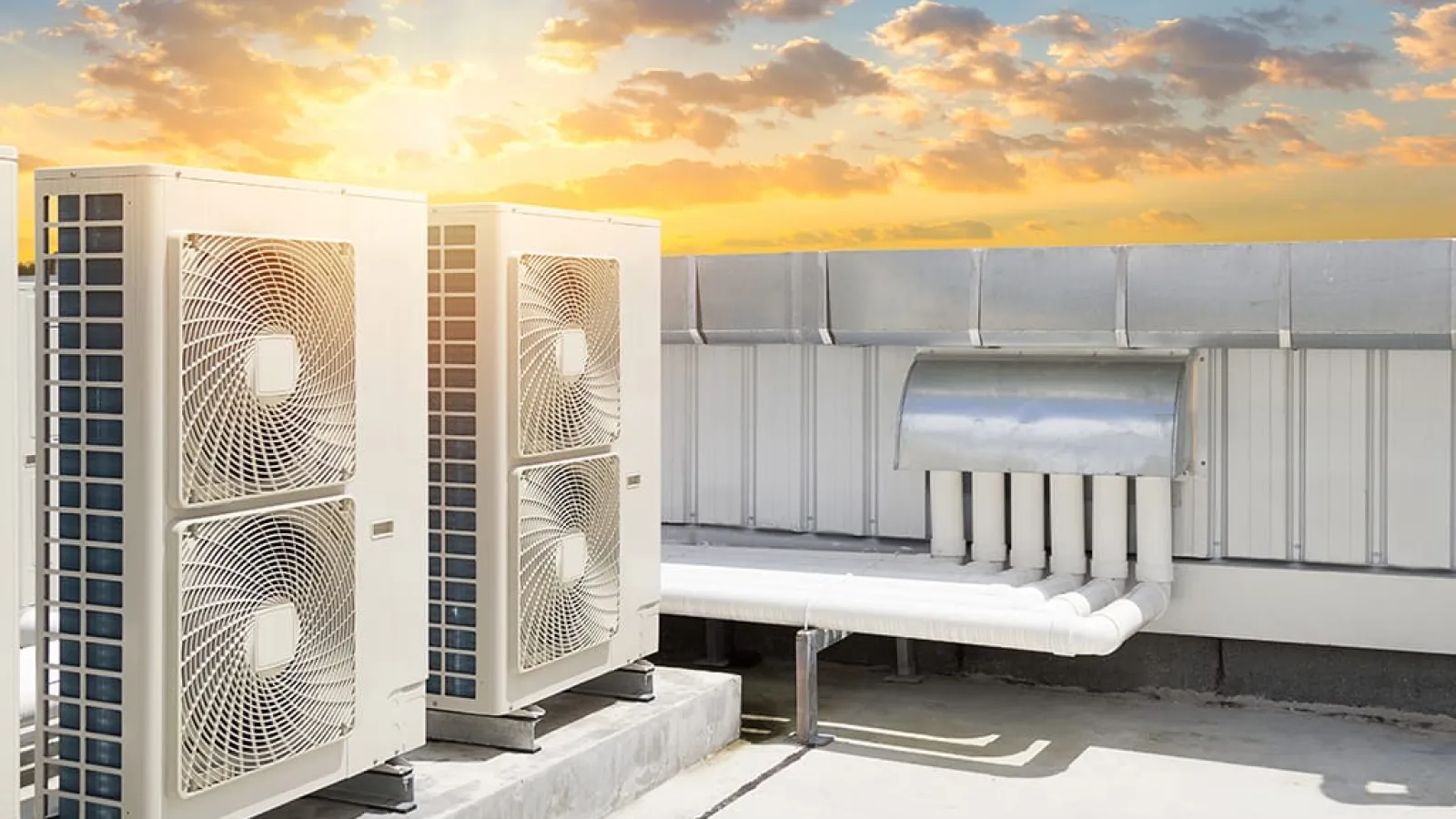How to Reduce Daycare Illnesses in Atlanta with Better Indoor Air Quality
Daycare illnesses are a constant challenge for childcare facilities in Atlanta, GA. Infants and young children are particularly vulnerable to poor indoor air quality, which can contribute to the spread of germs and infections. Ensuring your indoor air quality is optimized helps protect both children and staff from illnesses.
How Indoor Air Quality Impacts Daycare Illnesses
Childcare facilities house many children and adults in close quarters, which makes indoor air quality a critical factor in controlling the spread of illness. Older buildings often lack upgraded HVAC and air quality systems, and poorly maintained equipment can worsen the problem.
Contaminants such as dust, pollen, dust mites, insect or rodent droppings, and even secondhand smoke can exacerbate allergies and asthma. High humidity levels allow viruses to survive longer, thereby increasing absenteeism and the risk of reinfection. Children are especially vulnerable due to their developing immune systems, making proper air filtration and circulation essential.
Indoor Air Quality Solutions to Reduce Daycare Illnesses
Upgraded Commercial HVAC Systems
Modern commercial HVAC systems offer improved airflow, enhanced temperature control, and effective humidity management. Upgrading or maintaining your heating and cooling equipment helps reduce contaminants and improve indoor comfort. Energy-efficient HVAC systems also help reduce operational costs.
Ventilation Systems
Proper ventilation reduces the spread of bacteria and viruses in childcare facilities. Installing or upgrading ventilation systems ensures consistent airflow, improves moisture control, and reduces the presence of airborne contaminants.
Dehumidification Systems
Controlling humidity is crucial to preventing the proliferation of dust mites and allergens. Dehumidifiers remove excess moisture, helping to reduce the transmission of airborne bacteria and viruses, and protecting children with allergies or asthma.
Air Cleaners
Air cleaners remove contaminants from the air as it circulates through the HVAC system, achieving efficacy rates up to 99 percent. This is especially important in high-traffic areas where children track in dirt and other pollutants from outside.
Benefits of Estes Commercial Indoor Air Quality Solutions
- Reduce the spread of daycare illnesses and respiratory infections
- Improve indoor air circulation and filtration
- Lower absenteeism among children and staff
- Increase energy efficiency with modern HVAC equipment
- Receive professional installation, maintenance, and repair services
Commercial HVAC Services for Atlanta Childcare Facilities
Estes Commercial provides HVAC installation, repair, and maintenance for childcare facilities throughout Atlanta, including Kennesaw, Dunwoody, Decatur, Druid Hills, Buckhead, and Sandy Springs. We also install building automation systems, control upgrades, and advanced ventilation systems in areas like Marietta, Johns Creek, Peachtree City, Fayetteville, Midtown, Roswell, and Virginia Highland.
Protect your childcare facility from poor indoor air quality and daycare illnesses by contacting Estes Commercial today. Our licensed HVAC professionals evaluate your facility's needs and recommend solutions tailored to your air quality concerns. Schedule service online or call us today—it's that Easy; It's Estes!




